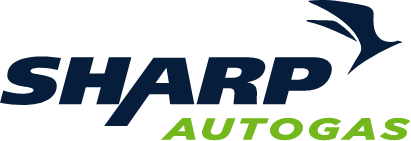Saving Money is Easier than You Think
Autogas fleets experience fuel cost savings which result in a real cost per mile difference. Reduce your operating and fuel costs substantially by converting your existing fleet vehicles to propane. Compared to gasoline and diesel, vehicles operating on propane autogas achieve an average emissions reduction of approximately 20 percent, while also significantly reducing maintenance costs.
Autogas is an economical, domestically-produced alternative fuel that offers significant cost advantages at the pump compared to gasoline or diesel.
Additional Savings
Because autogas has a higher octane rating (105) and burns cleaner than gasoline (87), propane autogas-powered vehicles experience:
- Less-frequent oil changes
- Increased engine life
- Lowered associated vehicle downtime
In addition to the fuel cost savings, autogas conversions may help you save even more:
- Potential for state, municipal and federal grants and tax incentives
- Aftermarket conversion means companies can run their existing fleet on propane autogas without the costly expense of a new vehicle purchase
The Affordable Alternative Fuel
The cost of conversion is dependent upon the type of vehicle being converted (car, van or truck). Through Sharp Energy’s partnership with Alliance AutoGas, gasoline-to-autogas conversion costs approximately $7,000 – 10,000 per vehicle. Sharp Energy can assist with grant and bid applications.
Why Autogas?
When you convert your fleet to run on propane autogas, you are investing in your fleet’s future.
Fuel Cost Savings
Autogas fleets experience fuel cost savings which result in a real cost per mile difference.
Made in USA
98% of our nation’s propane autogas is produced in the U.S. Using autogas means reducing dependence on foreign oil.



